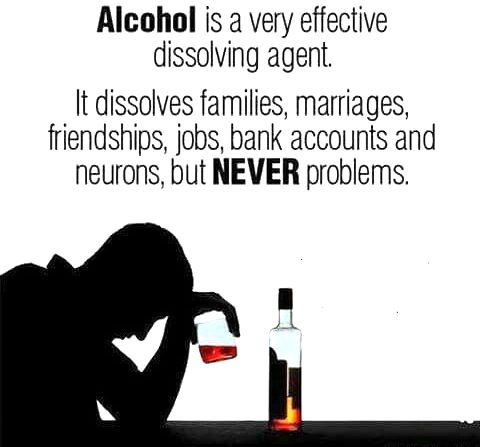Start Everything With The Decision To Try

_____________________________________________________________
What’s The Link Between Alcohol Addiction & Hypoglycemia?
Studies have shown that most people struggling with alcohol addiction are hypoglycemic. Even people who have been sober for a long time also reported low blood sugar.
What’s the link between with alcohol dependecy and hypoglycemia? Hypoglycemia is a driving factor for someone to relapse. When the sugar level in the blood goes too low, the neurotransmitters also decrease that can in turn trigger for booze cravings.

The relation between liquor abuse and low blood sugar can be explained in many ways. When one is hungry, the brain sees it as an unpleasant situation that lowers the level of neurotransmitters.
Hunger is one of the triggers of alcohol addiction. Most previous addicts who are not able to resist alcohol cravings go back drinking.
Alcohol abuse is due to the imbalance of neurotransmitters in the brain. Treatment involves resolving the imbalances to overcome addiction.
Hypoglycemia Explained:
The body metabolizes sugary foods into simple sugars. When there is too much sugar caused by alcohol and food, the pancreas produces plenty of insulin to counteract the excess sugar in the blood.
This process results in hypoglycemia, where sugar levels fall below the normal range. The person starts to experience symptoms such as irritability, headache, anxiety, paranoia, tiredness, dizziness, confusion, incoordination, forgetfulness, and lack of concentration.
Due to low sugar, adrenal hormone epinephrine increases. This hormone signals the liver to release emergency sugar called glycogen to prevent the state of insulin shock. Symptoms include too much sweat, weakness and shakiness.
Hypoglycemia or postprandial fed-state hypoglycemia occurs among alcoholics after consuming a high-refined sugar meal. This results in the individual’s cravings for sweets and coffee.
A research published in 1976 has found that alcoholics who have developed hypoglycemia experienced weakness, tachycardia, headache, hunger, loss of concentration, excessive sweating and anxiety. Due to these symptoms, they tend to drink more resulting to another condition known as “buildup to drink.”
People who have alcohol addiction relapsed after a period of a stint in the rehab due to the heightened symptoms. Many of the alcoholics who have hypoglycemia developed psychological symptoms.
The patients reported imbalances in terms of mental clarity, stability and agility. It was then concluded that mental problems are associated with postprandial hypoglycemia. Doctors suggest that patients who become depressed and anxious after meals should be checked for blood sugar levels.
Treatment:
Alcohol addiction and hypoglycemia should be treated at the same time in order to prevent a relapse. Several past alcohol users have testified that maintaining their blood sugar levels is the key to their long term recovery. It is also important to address anxiety and depression in the recovery plan to eliminate all the symptoms that trigger their relapse to drinking.
